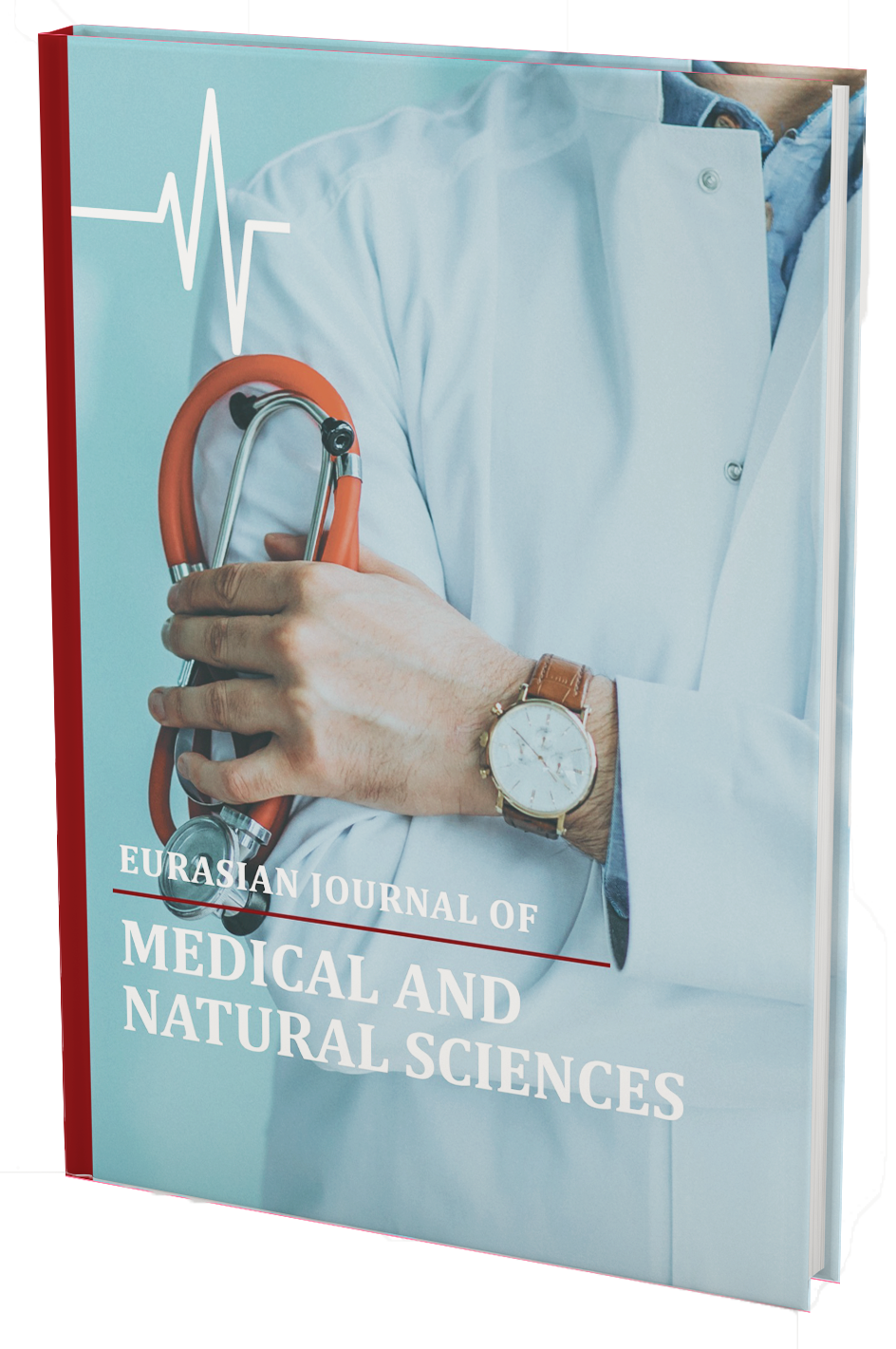ASSESSMENT OF THE LEVEL OF ADHERENCE TO TREATMENT IN PATIENTS WITH HYPERTENSION ACCORDING TO THE RESULTS OF THE “STEPS” STUDY
Main Article Content
Аннотация:
According to the World Health Organization (WHO), arterial hypertension (H) is considered a non-infectious pandemic that affects the socio-economic losses of society. The prevalence of hypertension in the world is quite high and amounts to 30-45% among the adult population; increases with age and reaches 62% in persons over 60 years of age [1]. Despite numerous studies on the diagnosis and treatment of arterial hypertension, the availability of various treatment methods and a large selection of drugs and their combinations, it is still not possible to prevent the development of cardiovascular complications (myocardial infarction, stroke), which lead to patient disability and premature mortality [2].
Article Details
Как цитировать:
Библиографические ссылки:
WHO fact sheet. Non-communicable diseases. Key Facts. Geneva: World Health Organization; 2018, accessed July 27, 2022.
GBD 2015 Risk Factors Collaborators. Global, regional, and national comparative risk assessment of 79 behavioral, environmental and occupational, and metabolic risks or clusters of risks, 1990–2015: a systematic analysis for the Global Burden of Disease Study 2015. Lancet, 2016;
Project “Improving the Health System (Health-3)” of the Ministry of Health and the World Bank, World Health Organization. Report “Prevalence of risk factors for non-communicable diseases in the Republic of Uzbekistan” (WHO STEPS, 2014). Copenhagen: WHO Regional Office for Europe; 2015.
STEPS: Prevalence of risk factors for non-communicable diseases in the Republic of Uzbekistan, 2019.


